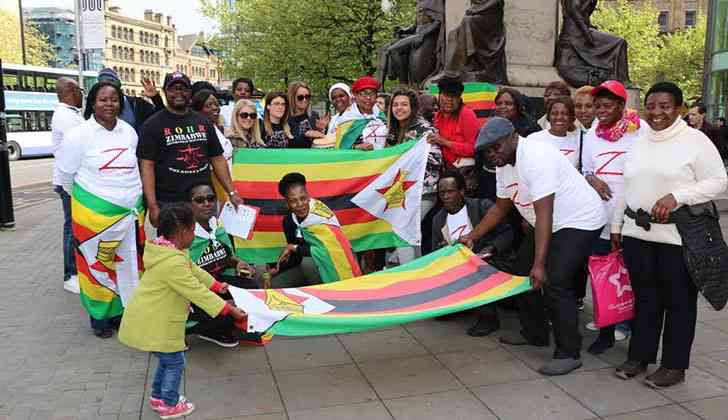
THE allure of drugs can be a powerful siren song, promising escape from hardship, a sense of belonging or simply a fleeting moment of pleasure.
But in Zimbabwe, just as in many other countries across the world, the reality of drug use is far more devastating, leaving a trail of broken lives, shattered families and communities struggling to cope with their ripple effects.
This article delves into the human cost of drug abuse in Zimbabwe, examining the stark statistics and the profound social impact that permeates every level of society.
A grim statistical landscape
While precise data on drug use in Zimbabwe is limited, available information paints a chilling picture. A 2019 study by the Zimbabwe National Drug Abuse Council revealed that a staggering one in five young people between the ages of 15 and 24 had used drugs at least once.
This alarming statistic underscores the vulnerability of youth to substance abuse, often fuelled by peer pressure, curiosity and a lack of access to support systems.
The most prevalent drugs in Zimbabwe are marijuana, crystal methamphetamine and heroin.
While marijuana remains the most widely used, the increasing availability of harder drugs like methamphetamine is a cause for grave concern.
- Why we fall for disinformation
- Masunda lands global sugar industry position
- In Conversation with Trevor: Chisamba: Let’s be proud of ourselves
- Econet says it experienced ‘rush hour data outage’
Keep Reading
These substances have a devastating impact on physical and mental health, leading to addiction, violence and even death.
Beyond the numbers: The human toll
The statistics, while alarming, only tell part of the story.
The human cost of drug abuse is immeasurable, impacting individuals, families and communities in profound and lasting ways.
Families torn apart: Addiction often tears families apart, leaving behind a legacy of pain and dysfunction.
Children are left without parental care, struggling to cope with the emotional and practical challenges of a parent’s addiction.
The financial burden of addiction can also cripple families, pushing them into poverty and despair.
Communities under siege: Drug abuse fuels crime and violence, creating an atmosphere of fear and instability within communities.
Increased theft, robbery and assaults are often linked to drug use, leading to a breakdown in social cohesion and a sense of insecurity.
Lost potential: Drug addiction stifles the potential of individuals, hindering their education, employment prospects and overall well-being.
The physical and mental health consequences of drug abuse can leave individuals unable to contribute to society, leading to a cycle of dependence and despair.
The social fabric weakened: The impact of drug abuse extends far beyond the individual, eroding the very fabric of society.
It strains healthcare systems, drains resources and undermines economic development.
The social and economic consequences of drug abuse are a heavy burden on Zimbabwe, hindering its progress and prosperity.
A call to action
Addressing the drug problem in Zimbabwe requires a multifaceted approach that tackles the root causes of substance abuse, provides support for those struggling with addiction and fosters a culture of prevention.
This includes:
Addressing poverty and unemployment: Economic hardship often drives individuals towards drugs as a means of escape or to cope with stress.
Addressing poverty through job creation, education and social safety nets is crucial.
Investing in education and healthcare: Limited access to quality education and healthcare services, particularly in rural areas, can exacerbate vulnerability to drug abuse. Investing in these sectors is essential.
Combating social and cultural factors: Peer pressure, societal norms and the glamourisation of drug use in the media can contribute to substance abuse.
Public awareness campaigns, community outreach programmes, and educational initiatives can help to counter these negative influences.
Expanding treatment and rehabilitation facilities: Limited access to effective treatment and rehabilitation programmes hinders recovery and perpetuates the cycle of addiction. Expanding these services is vital.
Hope for recovery
The fight against drug abuse is a long and challenging one, but it’s a fight worth fighting. By addressing the root causes, providing support, and promoting prevention, we can create a future where the allure of drugs is replaced by the promise of a brighter, healthier life for all Zimbabweans.
The human cost of drug abuse is a stark reminder of the urgent need for collective action to combat this devastating scourge.
Raymond Tendai Rusinga is a mental health advocate, a writer and/or researcher in Zimbabwe who is dedicated to raising awareness. Please feel free to WhatsApp or call: +263 776 206 227 or email: [email protected]. He writes here in his personal capacity.










